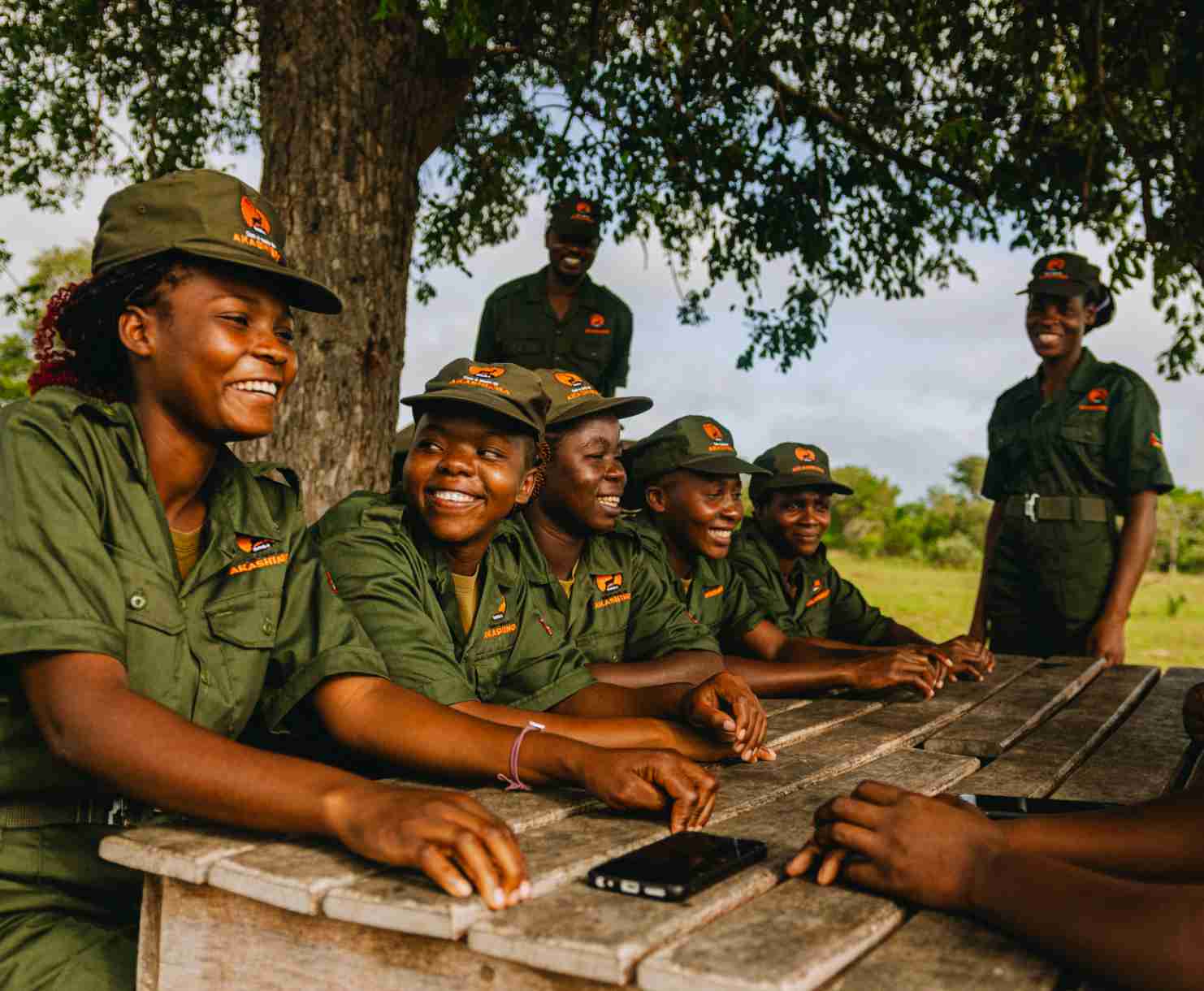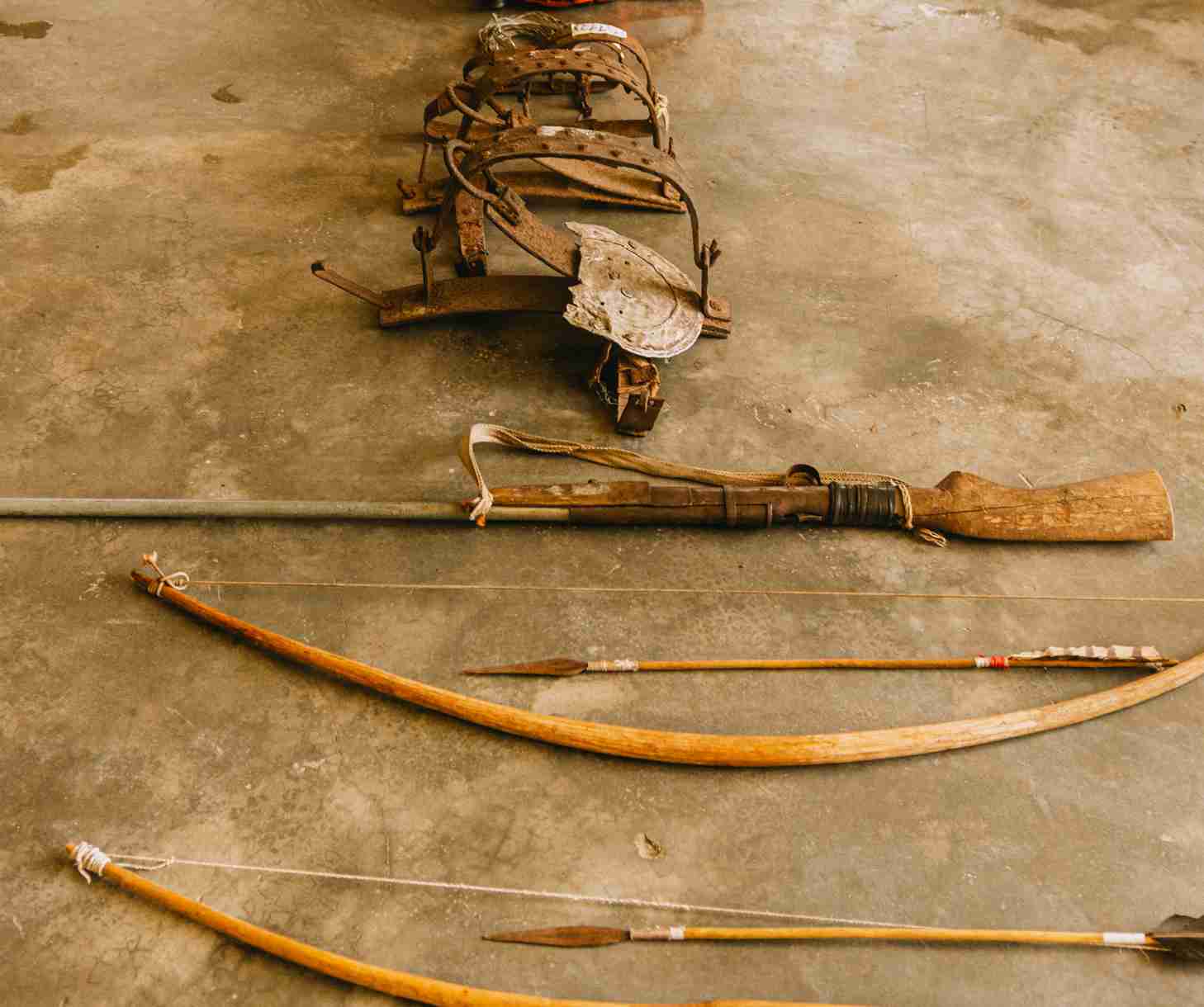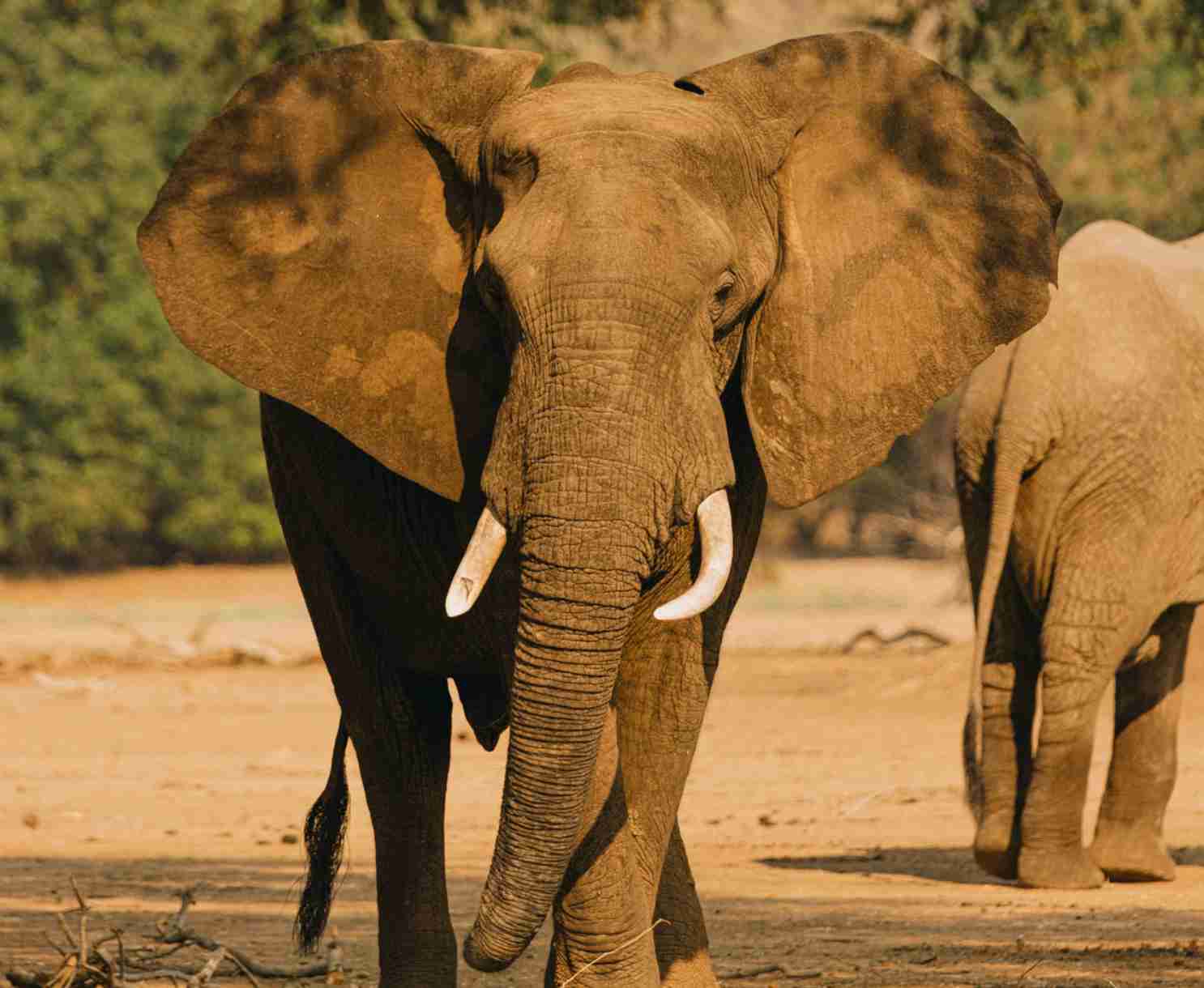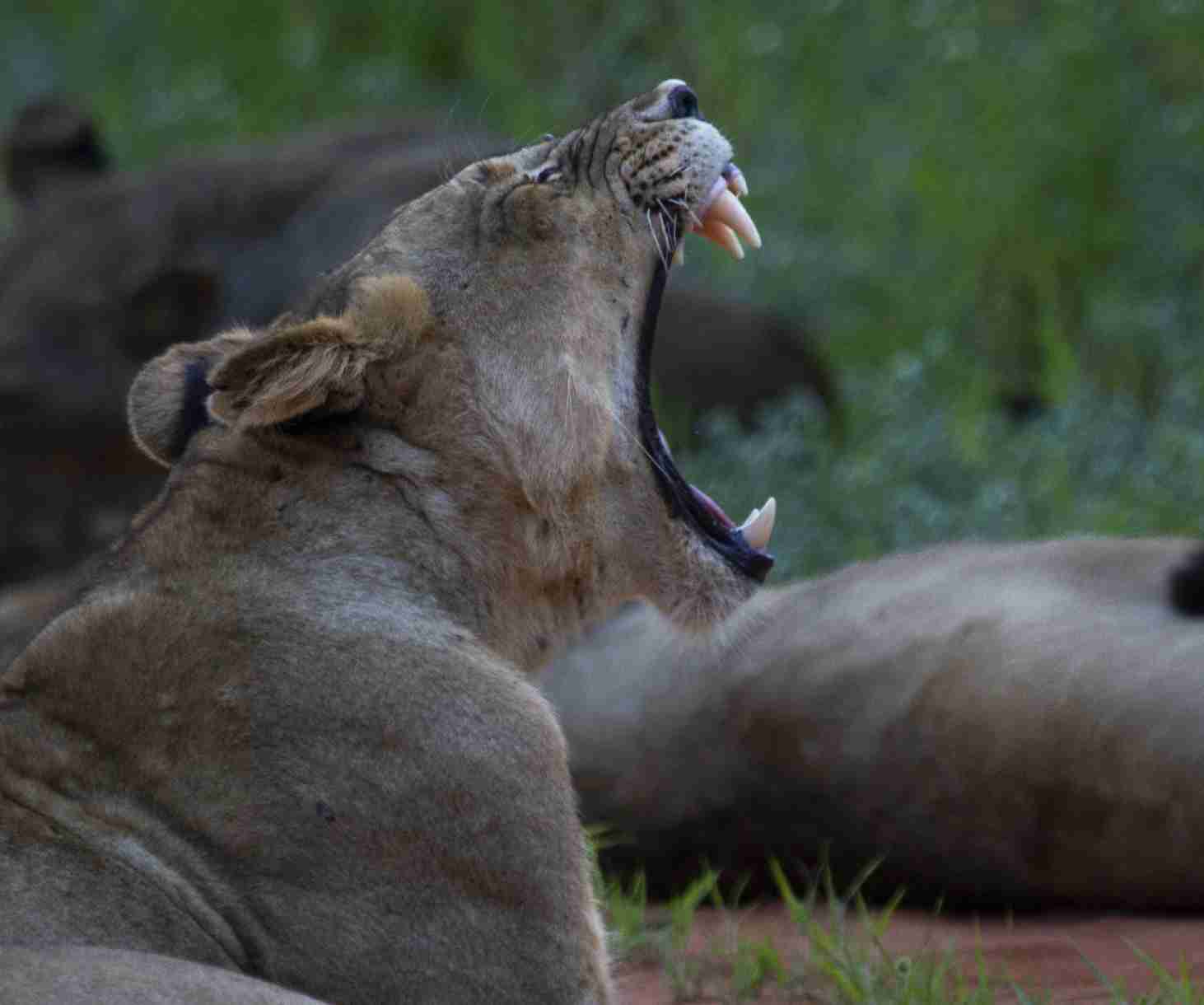Mozambique.
terrestrial and marine conservation


Coutada 5.
A critical ecological corridor
Bordered by national parks, game reserves, and 40 miles of coastline, Coutada 5 (C5) , located in the Sofala Province of Mozambique, is a critical ecological corridor between the Indian Ocean and other protected areas in Zimbabwe and South Africa. Spanning 2.2 million acres, C5 is a haven of biodiversity and a comprehensive blend of terrestrial and marine conservation. The entire coastal region in and around C5 is a dense, productive, and thriving mix of mangrove forests, which function as nurseries for both marine and freshwater species.
With 10% of Mozambique’s mangrove network in C5, these forests also provide several important ecosystem
services including coastal shoreline protection, offering a buffer against tidal storms and erosion to the low-lying coastal regions. This area’s vulnerability has increased as cyclone frequency and intensity are on the rise due to the global climate crisis. Additionally, extensive poaching, illegal logging, and overfishing in this region has depletedv the wildlife and put increased pressure on the natural resources across C5. The Greater Bazaruto region off the coast of C5 is home to five of the world’s seven species of sea turtle (which are listed from vulnerable to critically endangered) as well as what is believed to be the last viable population of dugongs in the Western Indian Ocean.
The region’s dwindling wildlife populations, especially those of endangered species, demonstrates the urgent need in this moment for nature conservation.

2.2 million acres of landscape and nature
conservation areas in Mozambique.
Akashinga Delivers:
- Ecological stability, long-term protection, and restoration of large-scale wilderness landscapes.
- Support and empowerment of local communities to protect sovereign lands.
- The all-female Akashinga Community Scout Programme, recognized for its social benefits, gender equity, and as a model for effective law enforcement.
46% OF THE POPULATION IS
BELOW THE POVERTY LINE.
Akashinga addresses social issues to generate conservation solutions. As one of the largest conservation employers in the region, Akashinga will add 300 jobs to the workforce by 2025
Gender Issues
According to the CIA World Factbook, Mozambique’s birthrate is among the world’s highest, averaging five children per woman. Highly problematic is the fact that Mozambique is ranked 180/189 on the Gender Inequality Index (GIII).Despite national policies and legislation to improve gender equality, much work is needed to enact it.
With Akashinga in the C5 landscape, we assist communitymembers in the Machanga and Machaze Districts to improveand progress gender equality goals aligned with nationalpolicy and international targets, such as the SDGs.
The Akashinga conservation model provides education andemployment opportunities to women and girls, breakingtraditional stereotypes of women’s roles and empoweringwomen to be at the forefront of conservation.

Challenges for the Coutada 5 area.
Marine.
- Unregulated fishing – no patrols or enforcement.
- Poaching of key species – dugongs, sharks, and several species of endangered turtles.
- Coastal ecosystems – destruction of key habitats including a vast mangrove network.
TERRESTRIAL.
- Illegal logging and uncontrolled burning.
- Poaching – wildlife trade and bushmeat. Pangolin targeted.
- Ecosystem devastation and widespread threats from urban spread, the dependence on natural resources.
AKASHINGA'S IMPACT.
Akashinga’s social impact approach incorporates gender equality, healthcare, education, clean water, and infrastructure development to achieve conservation outcomes.
Following the successful training and graduation of the inaugural group of Akashinga Rangers in June 2023, the region is now under the protection of a proficient team of women, dedicated to safeguarding wildlife and natural resources. The deployment of these rangers has yielded tangible and positive outcomes for conservation efforts.

26

33+

619
conducting over 800 joint operations since 2017.

85
mitigated in 2023.

The entire coastal region in and around C5 is a dense, productive, and thriving mix of mangrove forests. These forests are havens of biodiversity and act as a nursery for both marine, coastal, and freshwater species. Mangrove forests also provide several important ecosystem services including coastal shoreline protection.
This area’s vulnerability has increased as cyclone frequency and intensity are on the rise due to the global climate crisis. These critical forests offer a buffer against tidal storms and erosion to the low-lying coastal regions.
More info





